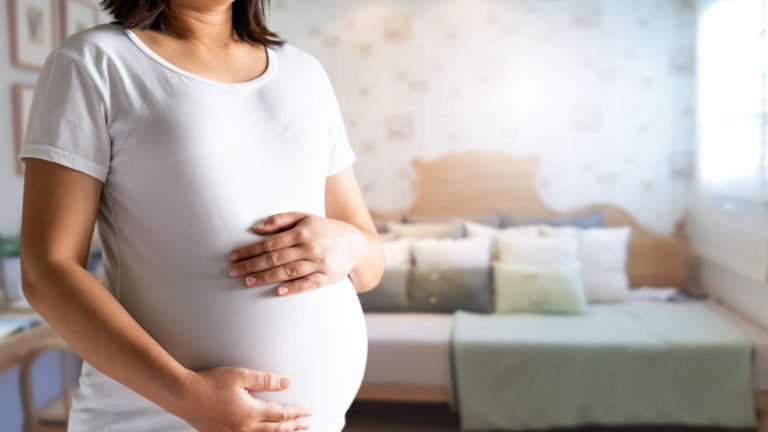Two neighboring New England states took two very different paths as far as expanded gambling, with New Hampshire moving closer while Maine stopped additional expansion.
On Tuesday, voters in Maine decisively defeated two different referendum questions that would have opened the door for a casino and two racinos. Question 2, which would have allowed racinos in Biddeford and Washington County, was defeated by a margin of 55 percent to 45 percent. Question 3, which would have resulted in the building of a casino in Lewiston, was soundly defeated with 63 percent of the vote.
“Stick a fork in it,” said Chris O’Neil, spokesperson for Mainers Against a Rotten Deal. “It’s verification that Maine isn’t ready to install five casinos before number two has opened yet.”
Meanwhile, the Granite State moved closer to legalizing slot parlors with the House Ways & Means Committee in Concord voting 14-7 to recommend HB 593. This bill would allow for two “video lottery” facilities, and a similar bill (SB 182) will be heard by the Senate’s committee this week. The full legislature will take it up in January.
“The illusory promise of greater revenue for the state can make expanded gambling seem like a good thing,” said Cornerstone Action in an email message, “but we need to remind our representatives to put families ahead of the gambling industry.”
Source: Bangor Daily News




